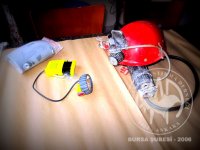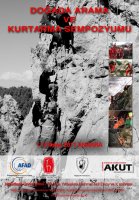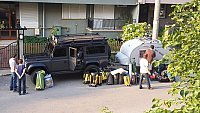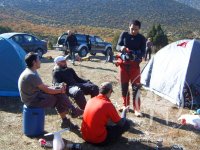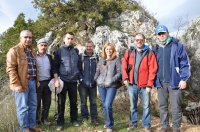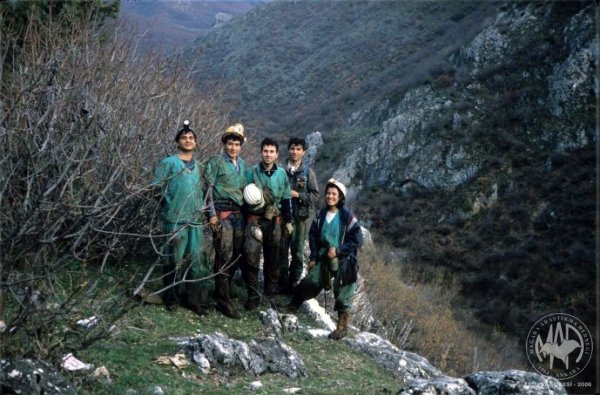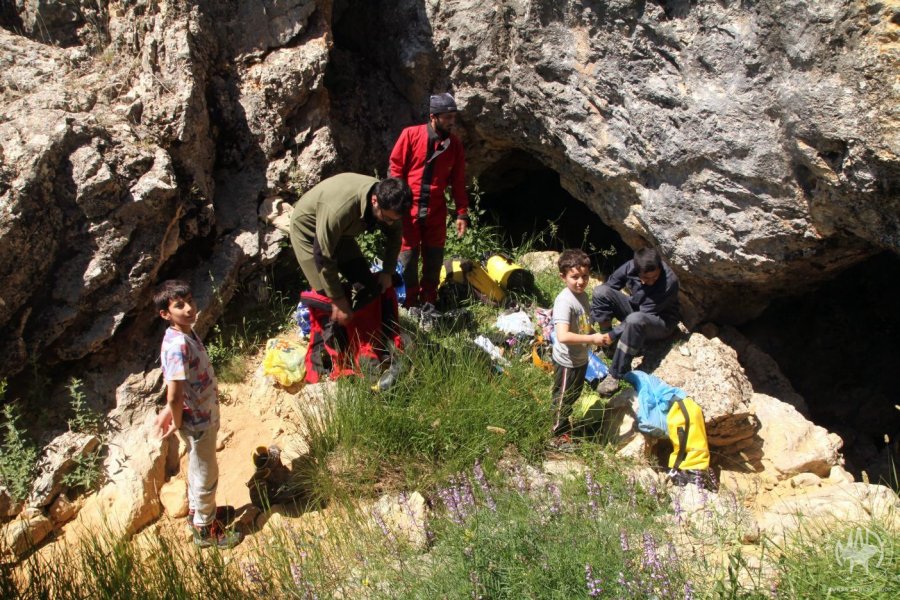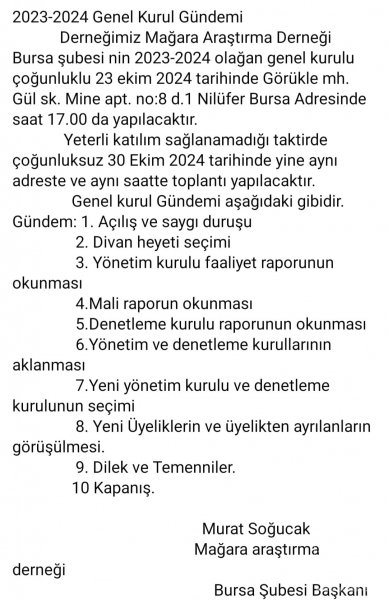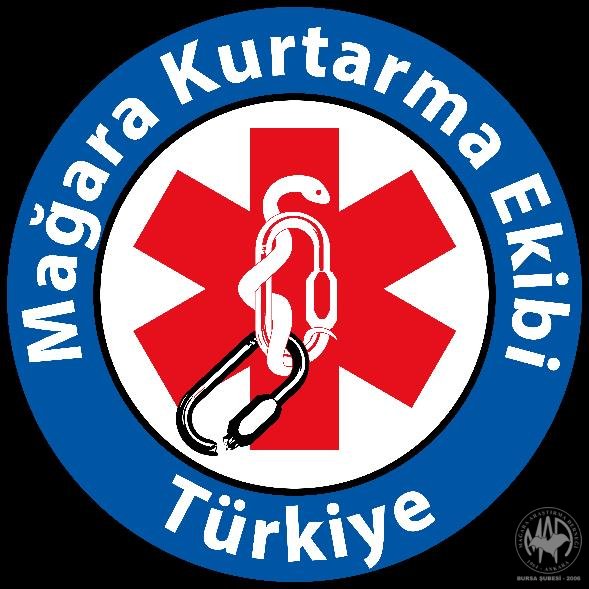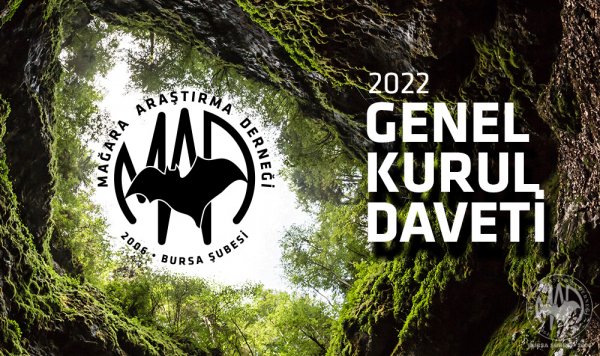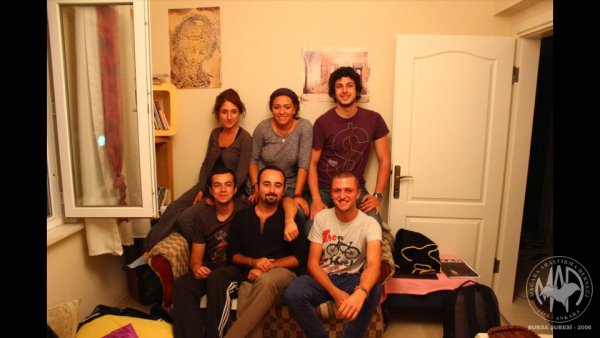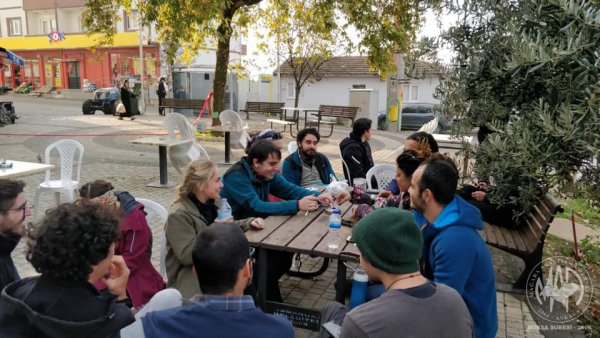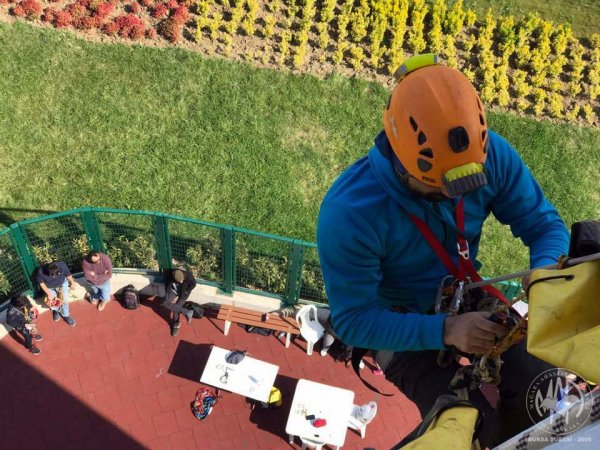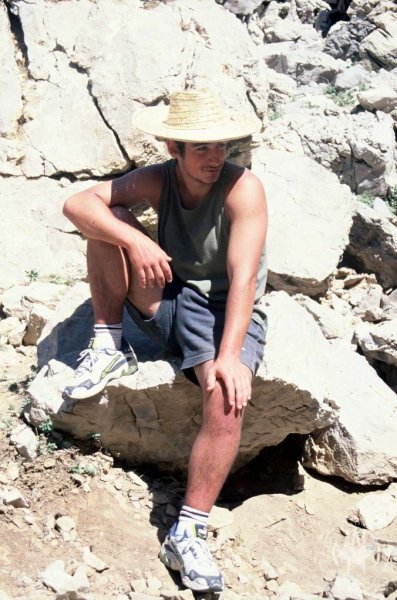UIS Code of Ethics for Cave Exploration and Science in Foreign Countries
UIS Code of Ethics for Cave Exploration
and Science in Foreign Countries
- en -
Accepted by the International Union of Speleology (UIS) at the General Assembly at the 12th International Congress of Speleology (La Chaux-de-Fonds, Switzerland, 1997). Modified by the General Assembly at the 13th International Congress of Speleology (Brasilia, Brazil, 2001). Future translations or modifications of this Code should be done taking this English text as base.and Science in Foreign Countries
- en -
[ UIS Home ] [ National Organisations ] [ de | es | fr | it | pt | ru ]
________________________________________
UIS supports the international activities of speleological societies, caving groups and karst scientists because they are important for:
• discovering new caves and extending the exploration of previously known caves;
• investigating their contents, for example, minerals, biota and archaeological and anthropological remains;
• distributing the knowledge of karst and caves throughout the world;
• enabling the exchange of safe caving practices;
• assisting in the protection and preservation of caves and karst.
To avoid misunderstanding by indigenous and local people, government, and local and national caving organizations in the country in which the proposed cave exploration or scientific investigation is to take place, the UIS has prepared the following recommendations.
1. Before leaving your country
In many cases it will be necessary to obtain prior official permission from the authorities in the country to be visited. In addition, inform the national speleological organisation of the country to be visited; if there is no national organisation, contact the UIS national delegate.
If possible, organise joint expeditions with cavers from the country to be visited. The national speleological organisation will be familiar with the official requirements for visiting expeditions. They will be well versed in the requirements for the lodging of expedition reports and other published material, and in the regulations pertaining to the removal of materials by the expedition from the caves and to other countries for scientific studies or other purposes.
2. During the expedition
The expedition members should respect the laws of the country and local traditions, and understand that some caves may be sacred sites and have a religious and/or cultural significance; exploration and research studies in these caves may be restricted.
The expedition members should not damage either the karst or its caves. They should, where possible, educate and advise local communities in the protection and preservation of their karst and caves.
3. After the expedition
Samples from the caves and karst to be collected during the expedition should only be taken out the cave and country if the correct export procedures are followed and their export has been permitted.
Copies of all printed material produced by the expedition, together with the location and maps of the caves, should be sent to the participating caving clubs and the national speleological organisation and/or the UIS national delegate.
Assistance received from the organisations within the country visited should be acknowledged in all the expedition publications.
4. Respect for the work of other groups
Before undertaking an expedition to a foreign country, the visitor group should find out about previous work and/or current exploration by local or foreign cavers, in order not to interfere with current projects.
Credit for previous exploration should be given in expedition reports.
If several groups happen to be working in the same area, then the opportunity should be taken to learn from each other and to co-ordinate further work.
5. Addenda to the UIS Code of Ethics (Accepted in Brasilia, Brazil, 2001)
a. The UIS urges all their Bureau Members and National Delegates who know of any expedition being organized to a foreign country, to immediately contact and inform the National Delegate of the target country.
b. If a member of the UIS Bureau discovers a violation of its Code of Ethics regarding a foreign expedition, it will contact the National Delegate of the expedition's country of origin suggesting that the expedition findings and reports not be accepted in their official publications, nor shall they be accepted in any UIS-sponsored publication or event.
c. For expeditions organized by countries of high speleological development to countries of lower speleological development, the expedition group shall do its best to offer the transfer of knowledge and to promote local speleological activity.
[ Top ] [ UIS Home ] [ National Organisations ] [ de | es | fr | it | pt | ru ]
________________________________________
This page: http://www.uis-speleo.org/ethic-en.html
Text version: 29 Nov 2003.
Site: M. Freire
Yorumlar
Yorum Ekle
Bilgilendirme
Yorum Ekleyebilmeniz için Sitemize Kayıt Olmanız Gerekmektedir.
İlgili Konular
MENÜLER
EN İYİLER
KATEGORİ
KATEGORİ
ETKİNLİK TAKVİMİ
| « Temmuz 2025 » | ||||||
|---|---|---|---|---|---|---|
| Pt | Sa | Ça | Pr | Cu | Ct | Pz |
| 1 | 2 | 3 | 4 | 5 | 6 | |
| 7 | 8 | 9 | 10 | 11 | 12 | 13 |
| 14 | 15 | 16 | 17 | 18 | 19 | 20 |
| 21 | 22 | 23 | 24 | 25 | 26 | 27 |
| 28 | 29 | 30 | 31 | |||
 0
0
 4 884
4 884
 13-05-2011, 18:37
13-05-2011, 18:37

